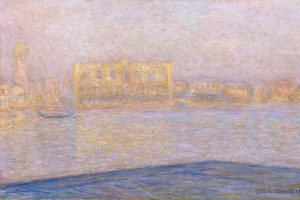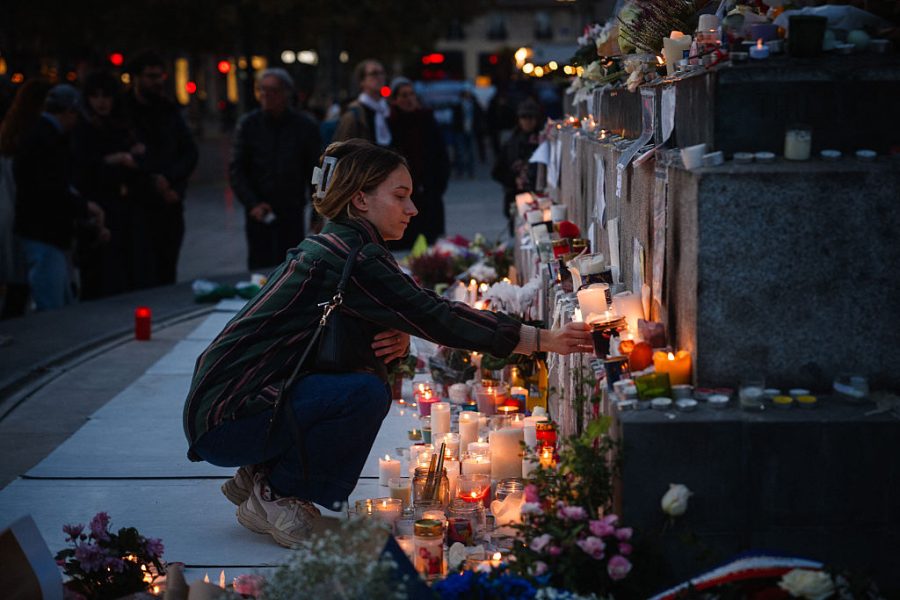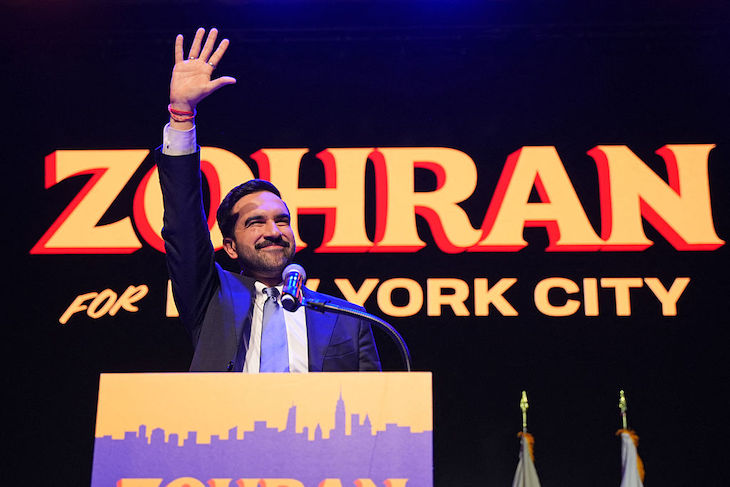Against a backdrop of considerable tension – barricaded city center shop-fronts and 30,000 police on standby — a radically divided France has voted in the second round of the legislative elections. To general amazement, the largest party in the National Assembly is the left-wing Nouveau Front Populaire (NFP) — but none of the major political groupings is able to form a majority government.
So what happens in France now? Who will actually govern?
France will probably be ungovernable for some time to come
First in line to form a government must be the NFP. But unlike Le Pen’s Rassemblement National (RN) or Macron’s Ensemble, no putative prime minister has been put forward by the block. And for good reason: Jean-Luc Mélenchon, France’s answer to Jeremy Corbyn, has insisted the prime minister must be chosen from the ranks of the largest party — e.g., his La France Insoumise Party (LFI). Others in his left-wing NFP coalition do not agree.
So if the Nouveau Front Populaire cannot agree on a candidate, it then falls to the second most-popular grouping: Ensemble. As the middle-ranked coalition, it is key to the whole process. Without its seats, no majority can be formed. But here’s the rub. Ensemble will have great difficulty working with the NFP as long as it includes Mélenchon’s LFI.
Tonight’s astonishing result means that RN has been ruled out without even being offered a chance to form a government. The “Front républicain’ strategy of standing down candidates between the first and second rounds to block Le Pen has paid off. The RN has been kept from power.
Macron’s risky bet that dissolving the National Assembly would produce clarity has not paid off. The RN still had its best election ever. Some may celebrate the RN and Marine Le Pen being held at bay but others, by contrast, may view it in similar light as the “stolen” 2005 referendum on the European constitution. This election result is guaranteed to maintain France’s pressure-cooker status.
France will probably be ungovernable for some time to come. The NFP still needs some ninety seats for a working majority. This de-presidentializes the system and gives greater scope to the parties and (eventually) the National Assembly when it reconvenes on July 18. By then, France will seem more like the Fourth Republic than at any time since 1958.
The president of the Republic will be expected to turn to the group with the largest number of seats in the future National Assembly — and within that grouping, to the party with the largest number of seats. This does not necessarily mean turning to Jean-Luc Mélenchon, but his party will without doubt propose him.
Mélenchon insisted that with only a relative majority his coalition would be willing to govern by decree to implement reforms quickly. That would grant the right to form a government to the NFP, a proponent of the most radical left-wing program the Fifth Republic has ever known, even more radical than that of Francois Mitterrand’s Programme Commun of 1981.
A fired-up Mélenchon quickly took to the airwaves and called for the resignation of the current prime minister, who has now obliged. But most important of all he insisted that all of the NFP program be applied with no exceptions. The leader of the second largest party in the NFP bloc, the Socialist Olivier Faure, gave examples of reforms that would have to be implemented quickly, including repealing Macron’s pension reform that raised retirement from sixty-two to sixty-four.
Needless to say, financial markets will not relish this prospect. The euro is already dropping. When markets open tomorrow the damage will be evident to all. This leaves France vulnerable, with only a few weeks before the Olympic Games in Paris begin. The security concerns are grave. Who will be minister of the interior?
The long-term prospects are no less foggy. The Fifth Republic is a machine purposely built in 1958 by General de Gaulle to produce working majorities. His aim was to break with the instability of the Fourth Republic, which had twenty-two governments in its twelve years of existence. Of particular concern for de Gaulle was that unstable parliamentary regime’s inability to solve major crises such as the Indochina and Algerian wars. It was the latter that finally brought down the regime.
The magic of its successor (or so it was believed) was in divesting power from the legislative and transferring it to the executive in the form of a powerful president. This hybrid political system — a mixture of British parliamentary democracy and American presidentialism — operated successfully until two years ago. The system adjusted to produce three functioning “cohabitations,” when the president and the prime minister hailed from different political groupings.
Yet France now is confronted by paralysis and institutional crisis. France has had sixteen constitutions since 1789. Jean-Luc Mélenchon and LFI have been calling for a Sixth Republic for years. That moment may be approaching.
This article was originally published on The Spectator’s UK website.


























Leave a Reply